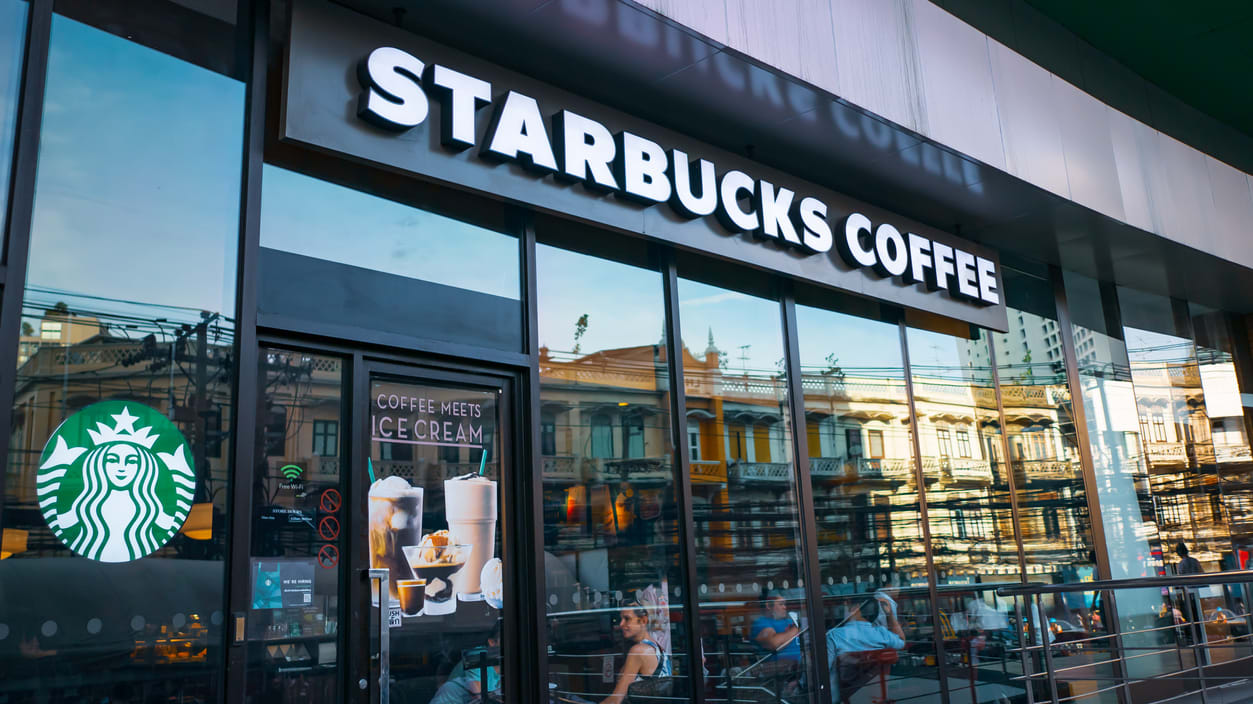[This article has been updated.]
Starbucks lost a key argument in its defense against store-by-store unionization before the National Labor Relations Board (NLRB) on Feb. 23, as the NLRB ruled that each store may organize for a vote individually rather than having to vote regionally. We've gathered articles on the news from SHRM Online and other outlets.
NLRB: Employees Didn't Frequently Work at Other Stores
Starbucks argued that nearly 55 percent of the petitioned-for employees working at an Arizona store that was seeking to organize worked in two or more Starbucks stores over approximately 2 1/2 years. But the employees cited data reflecting that during fiscal year 2021, fewer than 2 percent of shifts at the store were worked by employees borrowed from another store. The available statistics accordingly did not establish that the employees frequently worked at other stores within the region.
As for Starbucks' argument that companywide policies limited store managers' discretion, the NLRB concluded that store managers make adjustments as needed in real time.
(NLRB—Starbucks Corp., Issuance date, Feb. 23)
Company's Statement
Starbucks indicated that it would continue to press the issue. "Our position since the beginning has been that all partners in a market or district deserve the right to vote on a decision that will impact them," a company spokesman said in a statement. "We will continue to respect the NLRB's process and advocate for our partners' ability to make their voices heard."
Starbucks workers at more than 100 stores nationwide have filed for union elections. Workers at two stores in Buffalo, N.Y., already have unionized. Three more Buffalo stores have voted, but the NLRB has delayed those vote counts while resolving Starbucks' appeals. The Feb. 23 board decision meant the vote count could go ahead at a Mesa, Ariz., store. The workers voted to organize the store.
(The New York Times) and (CNBC)
Memphis, Tenn., Starbucks Employees Fired
Seven Starbucks employees in Memphis maintain they were fired Feb. 8 after they announced their efforts to unionize. A Starbucks spokesman said the employees had violated company safety and security policies. The union seeking to organize the store said the company retaliated against the workers for their labor activities.
Rhodes Scholar Helped Starbucks Organize
A barista who is also a Rhodes scholar helped unionize the Buffalo, N.Y., store that was the first one to organize.
"Did you plan on all this happening when you started at Starbucks, or was it just a coincidence?" a colleague of hers reportedly asked when they were protesting store conditions.
"I'd try to organize any place I worked, but this wasn't a grand scheme," the barista reportedly replied. She had first broached the idea of a union with her colleague last summer, speaking of the need for better pay, more generous benefits, more consistent scheduling and a fairer promotion system.
Partnering Together
"Starbucks' success—past, present and future—is built on how we partner together, always with our mission and values at our core," a company spokesperson said following the January announcement of the unionization of a second store in Buffalo. "From the beginning, we've been clear in our belief that we are better together as partners, without a union between us at Starbucks, and that conviction has not changed."
(The Buffalo News) and (SHRM Online)
An organization run by AI is not a futuristic concept. Such technology is already a part of many workplaces and will continue to shape the labor market and HR. Here's how employers and employees can successfully manage generative AI and other AI-powered systems.




